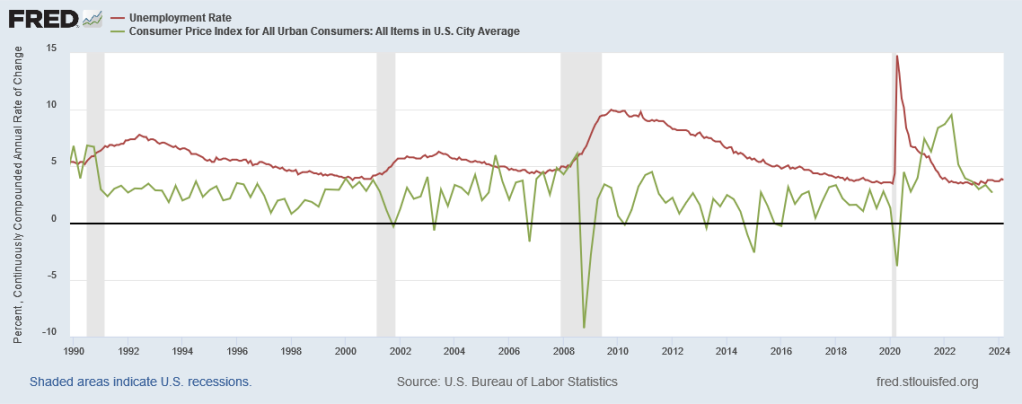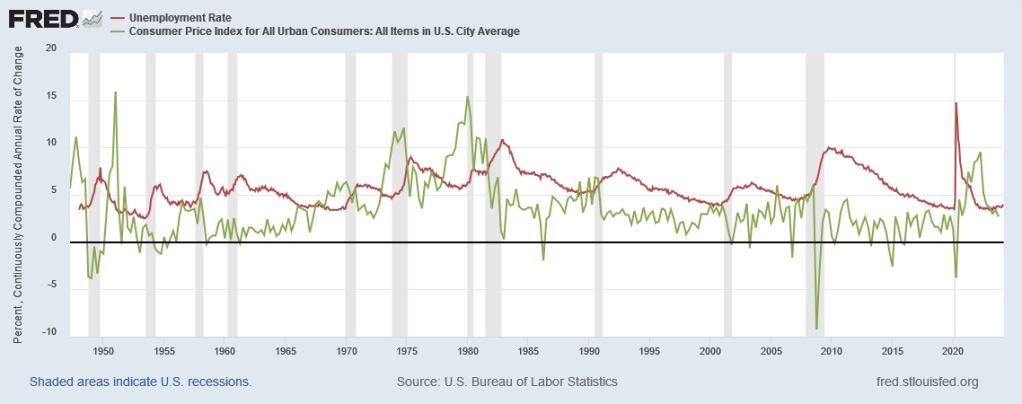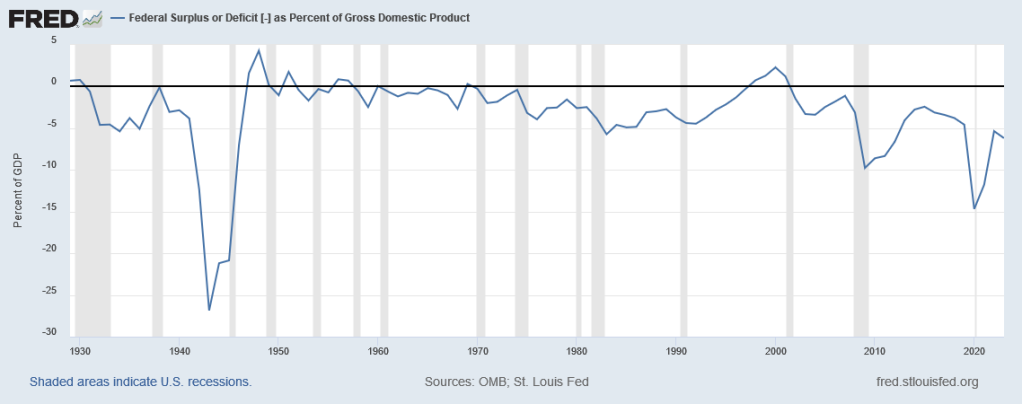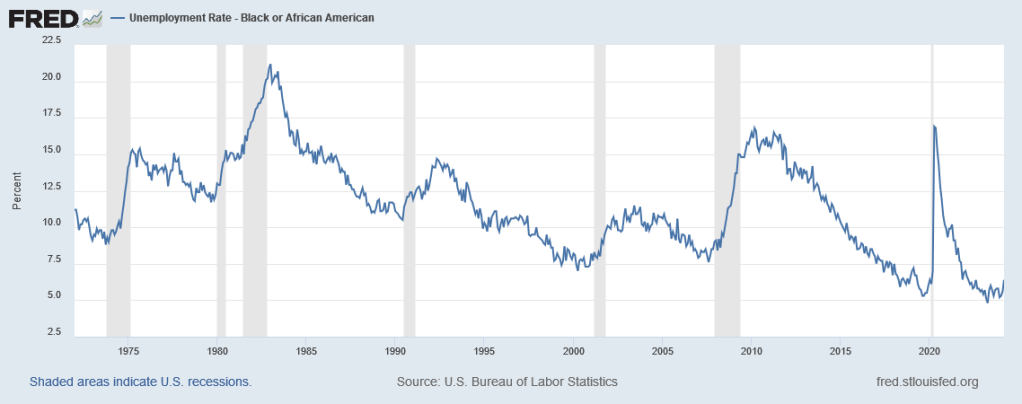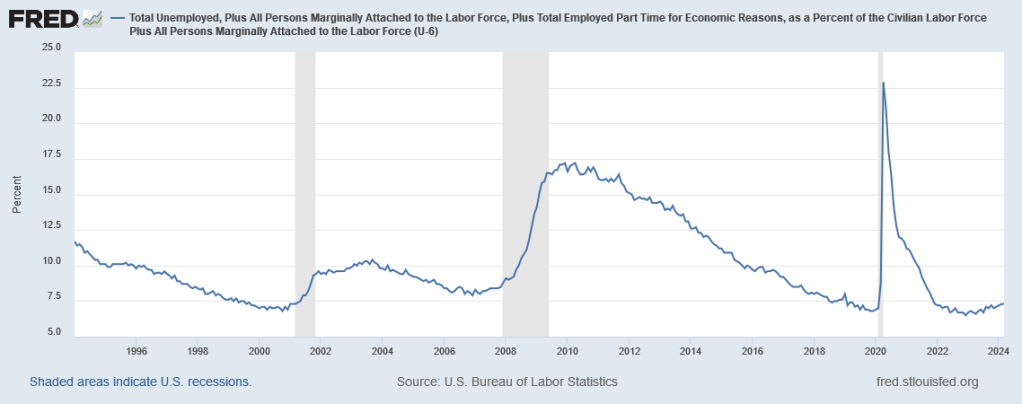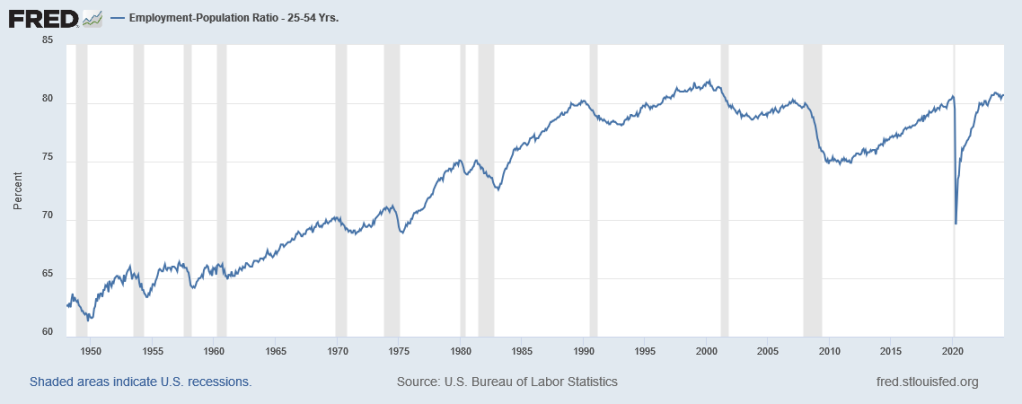Jul 30 JDN 2460156
Content warning: Suicide and suicidal ideation
There are two broad strands of utilitarianism, known as average utilitarianism and total utilitarianism. As utilitarianism, both versions concern themselves with maximizing happiness and minimizing suffering. And for many types of ethical question, they yield the same results.
Under average utilitarianism, the goal is to maximize the average level of happiness minus suffering: It doesn’t matter how many people there are in the world, only how happy they are.
Under total utilitarianism, the goal is to maximize the total level of happiness minus suffering: Adding another person is a good thing, as long as their life is worth living.
Mathematically, its the difference between taking the sum of net happiness (total utilitarianism), and taking that sum and dividing it by the population (average utilitarianism).
It would make for too long a post to discuss the validity of utilitarianism in general. Overall I will say briefly that I think utilitarianism is basically correct, but there are some particular issues with it that need to be resolved, and usually end up being resolved by heading slightly in the direction of a more deontological ethics—in short, rule utilitarianism.
But for today, I want to focus on the difference between average and total utilitarianism, because average utilitarianism is a very common ethical view despite having appalling, horrifying implications.
Above all: under average utilitarianism, if you are considering suicide, you should probably do it.
Why? Because anyone who is considering suicide is probably of below-average happiness. And average utilitarianism necessarily implies that anyone who expects to be of below-average happiness should be immediately killed as painlessly as possible.
Note that this does not require that your life be one of endless suffering, so that it isn’t even worth going on living. Even a total utilitarian would be willing to commit suicide, if their life is expected to be so full of suffering that it isn’t worth going on.
Indeed, I suspect that most actual suicidal ideation by depressed people takes this form: My life will always be endless suffering. I will never be happy again. My life is worthless.
The problem with such suicidal ideation is not the ethical logic, which is valid: If indeed your existence from this point forward would be nothing but endless suffering, suicide actually makes sense. (Imagine someone who is being held in a dungeon being continually mercilessly tortured with no hope of escape; it doesn’t seem unreasonable for them to take a cyanide pill.) The problem is the prediction, which says that your life from this point forward will be nothing but endless suffering. Most people with depression do, eventually, feel better. They may never be quite as happy overall as people who aren’t depressed, but they do, in fact, have happy times. And most people who considered suicide but didn’t go through with it end up glad that they went on living.
No, an average utilitarian says you should commit suicide as long as your happiness is below average.
We could be living in a glorious utopia, where almost everyone is happy almost all the time, and people are only occasionally annoyed by minor inconveniences—and average utilitarianism would say that if you expect to suffer a more than average rate of such inconveniences, the world would be better off if you ceased to exist.
Moreover, average utilitarianism says that you should commit suicide if your life is expected to get worse—even if it’s still going to be good, adding more years to your life will just bring your average happiness down. If you had a very happy childhood and adulthood is going just sort of okay, you may as well end it now.
Average utilitarianism also implies that we should bomb Third World countries into oblivion, because their people are less happy than ours and thus their deaths will raise the population average.
Are there ways an average utilitarian can respond to these problems? Perhaps. But every response I’ve seen is far too weak to resolve the real problem.
One approach would be to say that the killing itself is bad, or will cause sufficient grief as to offset the loss of the unhappy person. (An average utilitarian is inherently committed to the claim that losing an unhappy person is itself an inherent good. There is something to be offset.)
This might work for the utopia case: The grief from losing someone you love is much worse than even a very large number of minor inconveniences.
It may even work for the case of declining happiness over your lifespan: Presumably some other people would be sad to lose you, even if they agreed that your overall happiness is expected to gradually decline. Then again, if their happiness is also expected to decline… should they, too, shuffle off this mortal coil?
But does it work for the question of bombing? Would most Americans really be so aggrieved at the injustice of bombing Burundi or Somalia to oblivion? Most of them don’t seem particularly aggrieved at the actual bombings of literally dozens of countries—including, by the way, Somalia. Granted, these bombings were ostensibly justified by various humanitarian or geopolitical objectives, but some of those justifications (e.g. Kosovo) seem a lot stronger than others (e.g. Grenada). And quite frankly, I care more about this sort of thing than most people, and I still can’t muster anything like the same kind of grief for random strangers in a foreign country that I feel when a friend or relative dies. Indeed, I can’t muster the same grief for one million random strangers in a foreign country that I feel for one lost loved one. Human grief just doesn’t seem to work that way. Sometimes I wish it did—but then, I’m not quite sure what our lives would be like in such a radically different world.
Moreover, the whole point is that an average utilitarian should consider it an intrinsically good thing to eliminate the existence of unhappy people, as long as it can be done swiftly and painlessly. So why, then, should people be aggrieved at the deaths of millions of innocent strangers they know are mostly unhappy? Under average utilitarianism, the greatest harm of war is the survivors you leave, because they will feel grief—so your job is to make sure you annihilate them as thoroughly as possible, presumably with nuclear weapons. Killing a soldier is bad as long as his family is left alive to mourn him—but if you kill an entire country, that’s good, because their country was unhappy.
Enough about killing and dying. Let’s talk about something happier: Babies.
At least, total utilitarians are happy about babies. When a new person is brought into the world, a total utilitarian considers this a good thing, as long as the baby is expected to have a life worth living and their existence doesn’t harm the rest of the world too much.
I think that fits with most people’s notions of what is good. Generally the response when someone has a baby is “Congratulations!” rather than “I’m sorry”. We see adding another person to the world as generally a good thing.
But under average utilitarianism, babies must reach a much higher standard in order to be a good thing. Your baby only deserves to exist if they will be happier than average.
Granted, this is the average for the whole world, so perhaps First World people can justify the existence of their children by pointing out that unless things go very badly, they should end up happier than the world average. (Then again, if you have a family history of depression….)
But for Third World families, quite the opposite: The baby may well bring joy to all around them, but unless that joy is enough to bring someone above the global average, it would still be better if the baby did not exist. Adding one more person of moderately-low happiness will just bring the world average down.
So in fact, on a global scale, an average utilitarian should always expect that babies are nearly as likely to be bad as they are good, unless we have some reason to think that the next generation would be substantially happier than this one.
And while I’m not aware of anyone who sincerely believes that we should nuke Third World countries for their own good, I have heard people speak this way about population growth in Third World countries: such discussions of “overpopulation” are usually ostensibly about ecological sustainability, even though the ecological impact of First World countries is dramatically higher—and such talk often shades very quickly into eugenics.
Of course, we wouldn’t want to say that having babies is always good, lest we all be compelled to crank out as many babies as possible and genuinely overpopulate the world. But total utilitarianism can solve this problem: It’s worth adding more people to the world unless the harm of adding those additional people is sufficient to offset the benefit of adding another person whose life is worth living.
Moreover, total utilitarianism can say that it would be good to delay adding another person to the world, until the situation is better. Potentially this delay could be quite long: Perhaps it is best for us not to have too many children until we can colonize the stars. For now, let’s just keep our population sustainable while we develop the technology for interstellar travel. If having more children now would increase the risk that we won’t ever manage to colonize distant stars, total utilitarianism would absolutely say we shouldn’t do it.
There’s also a subtler problem here, which is that it may seem good for any particular individual to have more children, but the net result is that the higher total population is harmful. Then what I think is happening is that we are unaware of, or uncertain about, or simply inattentive to, the small harm to many other people caused by adding one new person to the world. Alternatively, we may not be entirely altruistic, and a benefit that accrues to our own family may be taken as greater than a harm that accrues to many other people far away. If we really knew the actual marginal costs and benefits, and we really agreed on that utility function, we would in fact make the right decision. It’s our ignorance or disagreement that makes us fail, not total utilitarianism in principle. In practice, this means coming up with general rules that seem to result in a fair and reasonable outcome, like “families who want to have kids should aim for two or three”—and again we’re at something like rule utilitarianism.
Another case average utilitarianism seems tempting is in resolving the mere addition paradox.
Consider three possible worlds, A, B, and C:
In world A, there is a population of 1 billion, and everyone is living an utterly happy, utopian life.
In world B, there is a population of 1 billion living in a utopia, and a population of 2 billion living mediocre lives.
In world C, there is a population of 3 billion living good, but not utopian, lives.
The mere addition paradox is that, to many people, world B seems worse than world A, even though all we’ve done is add 2 billion people whose lives are worth living.
Moreover, many people seem to think that the ordering goes like this:
World B is better than world A, because all we’ve done is add more people whose lives are worth living.
World C is better than world B, because it’s fairer, and overall happiness is higher.
World A is better than world C, because everyone is happier, and all we’ve done is reduce the population.
This is intransitive: We have A > C > B > A. Our preferences over worlds are incoherent.
Average utilitarianism resolves this by saying that A > C is true, and C > B is true—but it says that B > A is false. Since average happiness is higher in world A, A > B.
But of course this results in the conclusion that if we are faced with world B, we should do whatever we can to annihilate the 2 billion extra unhappy people, so that we can get to world A. And the whole point of this post is that this is an utterly appalling conclusion we should immediately reject.
What does total utilitarianism say? It says that indeed C > B and B > A, but it denies that A > C. Rather, since there are more people in world C, it’s okay that people aren’t quite as happy.
Derek Parfit argues that this leads to what he calls the “repugnant conclusion”: If we keep increasing the population by a large amount while decreasing happiness by a small amount, the best possible world ends up being one where population is utterly massive but our lives are only barely worth living.
I do believe that total utilitarianism results in this outcome. I can live with that.
Under average utilitarianism, the best possible world is precisely one person who is immortal and absolutely ecstatic 100% of the time. Adding even one person who is not quite that happy will make things worse.
Under total utilitarianism, adding more people who are still very happy would be good, even if it makes that one ecstatic person a bit less ecstatic. And adding more people would continue to be good, as long as it didn’t bring the average down too quickly.
If you find this conclusion repugnant, as Parfit does, I submit that it is because it is difficult to imagine just how large a population we are talking about. Maybe putting some numbers on it will help.
Let’s say the happiness level of an average person in the world today is 35 quality-adjusted life years—our life expectancy of 70, times an average happiness level of 0.5.
So right now we have a world of 8 billion people at 35 QALY, for a total of 280 TQALY. (That’s tera-QALY, 1 trillion QALY.)
(Note: I’m not addressing inequality here. If you believe that a world where one person has 100 QALY and another has 50 QALY is worse than one where both have 75 QALY, you should adjust your scores accordingly—which mainly serves to make the current world look worse, due to our utterly staggering inequality. In fact I think I do not believe this—in my view, the problem is not that happiness is unequal, but that staggering inequality of wealth makes much greater suffering among the poor in exchange for very little happiness among the rich.)
Average utilitarianism says that we should eliminate the less happy people, so we can raise the average QALY higher, maybe to something like 60. I’ve already said why I find this appalling.
So now consider what total utilitarianism asks of us. If we could raise that figure above 280 TQALY, we should. Say we could increase our population to 10 billion, at the cost of reducing average happiness to 30 QALY; should we? Yes, we should, because that’s 300 TQALY.
But notice that in this scenario we’re still 85% as happy as we were. That doesn’t sound so bad. Parfit is worried about a scenario where our lives are barely worth living. So let’s consider what that would require.
“Barely worth living” sounds like maybe 1 QALY. This wouldn’t mean we all live exactly one year; that’s not sustainable, because babies can’t have babies. So it would be more like a life expectancy of 33, with a happiness of 0.03—pretty bad, but still worth living.
In that case, we would need to raise our population over 800 billion to make it better than our current existence. We must colonize at least 100 other planets and fill them as full as we’ve filled Earth.
In fact, I think this 1 QALY life was something like that human beings had at the dawn of agriculture (which by some estimates was actually worse than ancient hunter-gatherer life; we were sort of forced into early agriculture, rather than choosing it because it was better): Nasty, brutish, and short, but still, worth living.
So, Parfit’s repugnant conclusion is that filling 100 planets with people who live like the ancient Babylonians would be as good as life on Earth is now? I don’t really see how this is obviously horrible. Certainly not to the same degree that saying we should immediately nuke Somalia is obviously horrible.
Moreover, total utilitarianism absolutely still says that if we can make those 800 billion people happier, we should. A world of 800 billion people each getting 35 QALY is 100 times better than the way things are now—and doesn’t that seem right, at least?
Yet if you indeed believe that copying a good world 100 times gives you a 100 times better world, you are basically committed to total utilitarianism.
There are actually other views that would allow you to escape this conclusion without being an average utilitarian.
One way, naturally, is to not be a utilitarian. You could be a deontologist or something. I don’t have time to go into that in this post, so let’s save it for another time. For now, let me say that, historically, utilitarianism has led the charge in positive moral change, from feminism to gay rights, from labor unions to animal welfare. We tend to drag stodgy deontologists kicking and screaming toward a better world. (I vaguely recall an excellent tweet on this, though not who wrote it: “Yes, historically, almost every positive social change has been spearheaded by utilitarians. But sometimes utilitarianism seems to lead to weird conclusions in bizarre thought experiments, and surely that’s more important!”)
Another way, which has gotten surprisingly little attention, is to use an aggregating function that is neither a sum nor an average. For instance, you could add up all utility and divide by the square root of population, so that larger populations get penalized for being larger, but you aren’t simply trying to maximize average happiness. That does seem to still tell some people to die even though their lives were worth living, but at least it doesn’t require us to exterminate all who are below average. And it may also avoid the conclusion Parfit considers repugnant, by making our galactic civilization span 10,000 worlds. Of course, why square root? Why not a cube root, or a logarithm? Maybe the arbitrariness is why it hasn’t been seriously considered. But honestly, I think dividing by anything is suspicious; how can adding someone else who is happy ever make things worse?
But if I must admit that a sufficiently large galactic civilization would be better than our current lives, even if everyone there is mostly pretty unhappy? That’s a bullet I’m prepared to bite. At least I’m not saying we should annihilate everyone who is unhappy.
